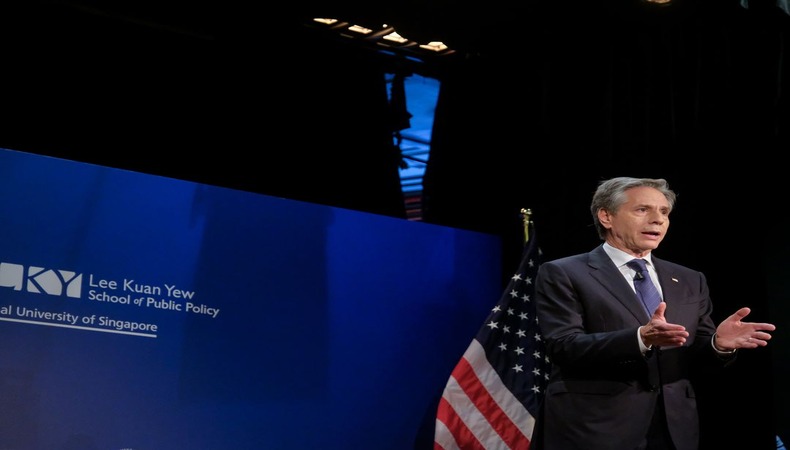Blinken: US Still Investigating Lebanon Pager Explosions

According to U.S. Secretary of State Antony Blinken, the pager blasts in Lebanon, which left 12 dead and about 3,000 injured, were unknown to the US before knowledge-wise. Blinken said during a joint news conference with Egypt’s Foreign Minister Badr Abdelatty in Cairo that the U.S. is currently compiling information on the bombings and advised all sides in the area not to engage in activities that would aggravate the situation more.
Though the Israeli government has not taken credit, the explosion that occurred in Lebanon has caused great worry since many people link the act to Israel. The government of Israeli Prime Minister Benjamin Netanyahu has traditionally not spoken on activities carried out outside of Israel’s boundaries. Although the attack seems to have gone for Hezbollah agents, it has also had terrible effects on civilians, aggravating already delicate security conditions in Lebanon.
Rising Death Toll and Regional Reactions
Lebanese Health Minister Firass Abiad verified that two children among other 12 people had died from the pager blasts. Nearly 3,000 people have been injured by the blasts, which caused major damage and extensive injuries all around Lebanon. Officials of the government, reacting quickly, characterize the event as a “blatant attack on Lebanese sovereignty.” Emphasizing that the blasts targeted not just Hezbollah officials but also civilians, Information Minister Ziad Makary has said Lebanon will be formally complaining with the United Nations Security Council.
With his comment, Makary emphasizes the seriousness of the matter and presents it as an attack on the national integrity of Lebanon. Medical aid from Iran, Iraq, and Jordan among other neighboring nations has already started to arrive. Declaring his country’s solidarity for Lebanon, Egyptian President Abdel Fattah al-Sisi rejected any move that would heighten regional tensions. Turkish President Recep Tayyip Erdoğan also expressed sympathy on a phone call to Lebanese Prime Minister Najib Mikati. Erdoğan denounced Israel’s actions and cautioned against trying to bring violence outside of Gaza since it could cause instability across the whole area.
Global Views and Concerns About Escalation
Russia has also intervened in the matter; the Russian Foreign Ministry denounced the pager blasts as a purposeful provocation meant to spark a larger Middle Eastern conflict. Speaking for the Russian Foreign Ministry, Maria Zakharova said the bombing was “another act of hybrid warfare against Lebanon,” charging those accountable for purposefully hurting thousands of innocent people. Russia is expressing fear that the incident could cause more instability throughout the area and is advocating a comprehensive inquiry of it.
Long-time Hezbollah supporter Iran also protested the blasts. Iran’s Foreign Ministry spokesman Nasser Kanaani described the strike as a “terrorist operation” and demanded international legal measures against the accountable parties. Kanaani underlined that the event violated humanitarian standards as well as international law and called for the prosecution of the engaged parties.
Lebanon’s Appeal for peace under mounting hostilities
Lebanon’s administration is negotiating a somewhat sensitive scenario as things turn out. Various foreign players providing support raise questions over the possibility of more violence in a nation already suffering political unrest and economic difficulty. Apart from aggravating relations with Israel, the pager explosions have attracted a greater spectrum of regional and international players, each with their own interests in stopping the escalation of the war.
Pressures from both inside and outside Lebanon will probably affect its response. Domestically, the nation is working to control the fallout from the blasts and guarantee that vital humanitarian relief keeps on arriving. Globally, Lebanon will have to juggle its ties to important allies like Iran, Iraq, and Jordan while addressing the worries expressed by Russia and other world powers on the possibility for more general conflict. The situation is still unstable and much depends on how the several players engaged decide to negotiate this most recent crisis; no quick fix is visible.
